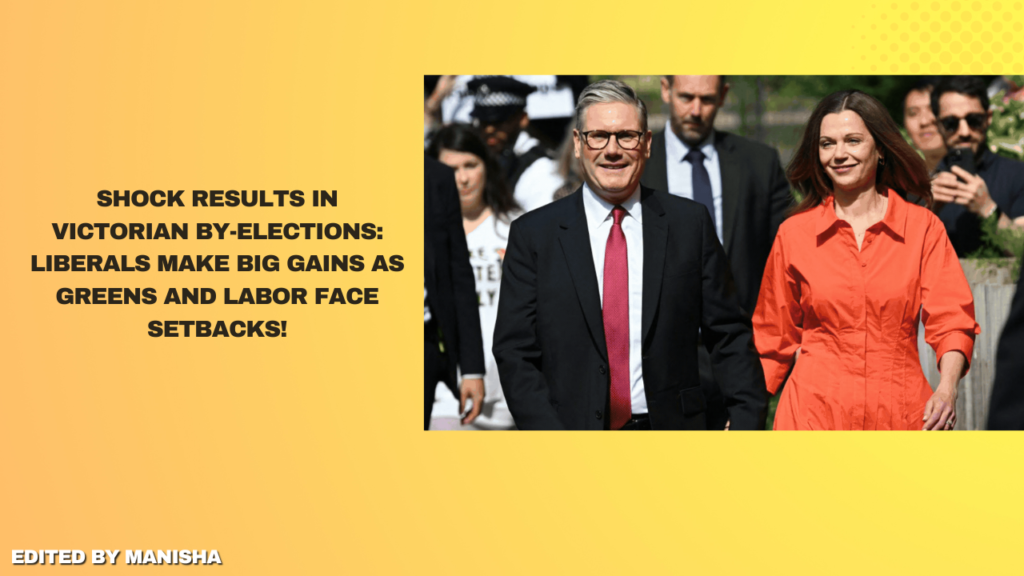
By-elections were held on Saturday for the Victorian state seats of Prahran and Werribee. The Liberal Party won Prahran from the Greens with a margin of 51.6% to 48.4%, marking a 13.6% swing toward the Liberals since the 2022 state election.
In terms of primary votes, the Liberals received 36.2% (an increase of 4.8%), the Greens also received 36.2% (down 0.6%), independent Tony Lupton (a former Labor member for Prahran from 2002 to 2010) secured 12.8%, and another independent gained 5.3%. Labor, which had secured 26.8% in 2022, did not contest the by-election.
The shift between the Greens and Liberals on primary votes accounts for just 2.7% of the 13.6% two-party swing. In 2022, most Labor preferences flowed strongly to the Greens, but this time Lupton, who endorsed the Liberals in his how-to-vote material, significantly affected the preference flow. The Greens’ share of overall preferences dropped sharply from nearly 80% in 2022 to 44%.
In Werribee, Labor led the Liberals with a margin of 50.6% to 49.4%, marking a 10.4% swing to the Liberals compared to 2022. Primary vote percentages were as follows: Liberals at 29.0% (up 3.7%), Labor at 28.7% (down 16.7%), independent Paul Hopper at 14.7% (up 8.8%), Greens at 7.5% (up 0.7%), Victorian Socialists at 7.3% (up 3.7%), Legalise Cannabis at 5.5%, and Family First at 4.4%.
Although Labor’s primary vote fell in Werribee, the Liberals did not fully benefit from the decline. The flow of preferences from left-wing groups like the Greens, Socialists, and Legalise Cannabis helped Labor secure a lead.
Most of the remaining votes to be counted in these by-elections are postal ballots. In Werribee, early postal votes have shown a 53–47 lead for the Liberals, but Labor still maintains an overall lead. Later postal votes often favor left-wing parties, meaning that Labor is expected to hold Werribee.
In Prahran, the Liberals are leading by 65–35 in the postal votes counted so far, and while the Greens may see some improvement in later postal votes, the Liberals are still expected to win. The Greens, who have held the seat since the 2014 election, will find this loss to the Liberals a disappointing outcome.
While Labor is likely to retain Werribee, the drop in their primary vote reflects the recent Victorian Resolve poll, which showed Labor’s statewide primary vote at just 22%, with the Liberals positioned for a potential win in the next election.
Meanwhile, discussions about reforming the Victorian upper house electoral system have been delayed again. Since winning government in 2014, Labor has not moved forward with changes. The upper house continues to use group ticket voting (GTV), a method that has been abolished in all other Australian states. The system allows parties with small vote shares to secure seats through preference deals, sometimes surpassing parties with larger votes.
The Victorian Electoral Matters Committee recently recommended scrapping GTV, but the government has postponed any response until after the Committee’s final report is released in December. By then, it may be too late for reforms to be implemented in time for the 2026 election.